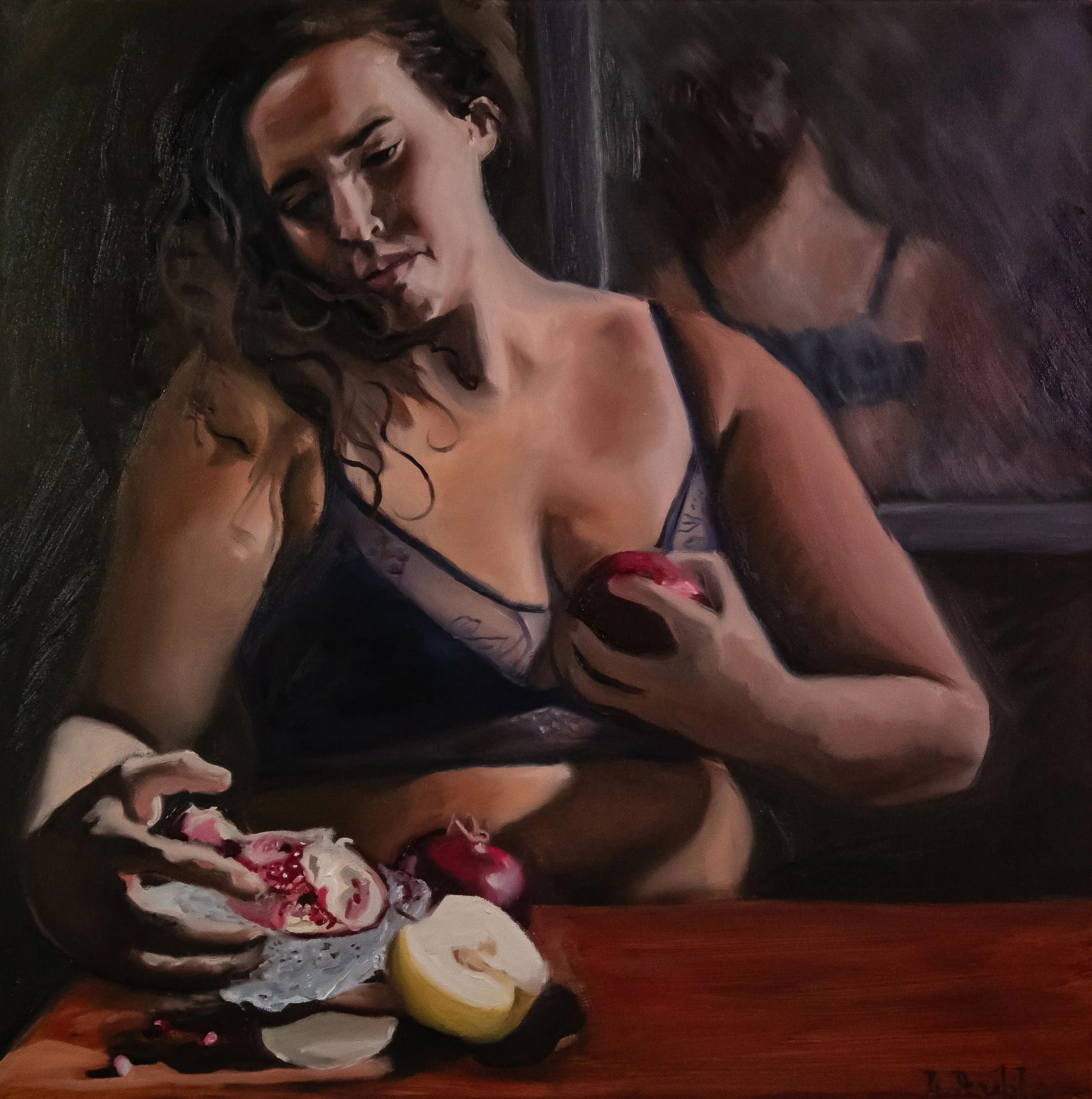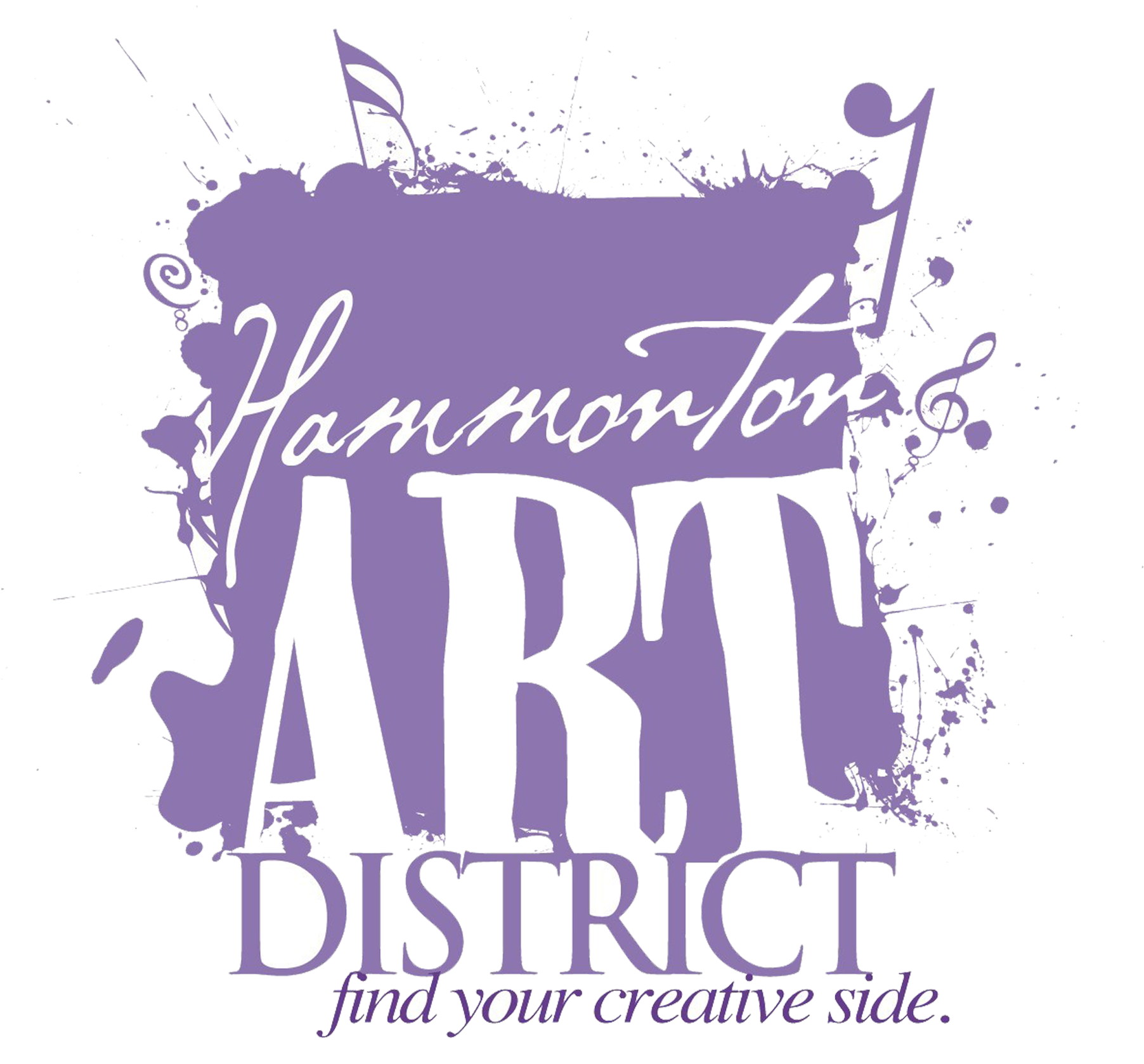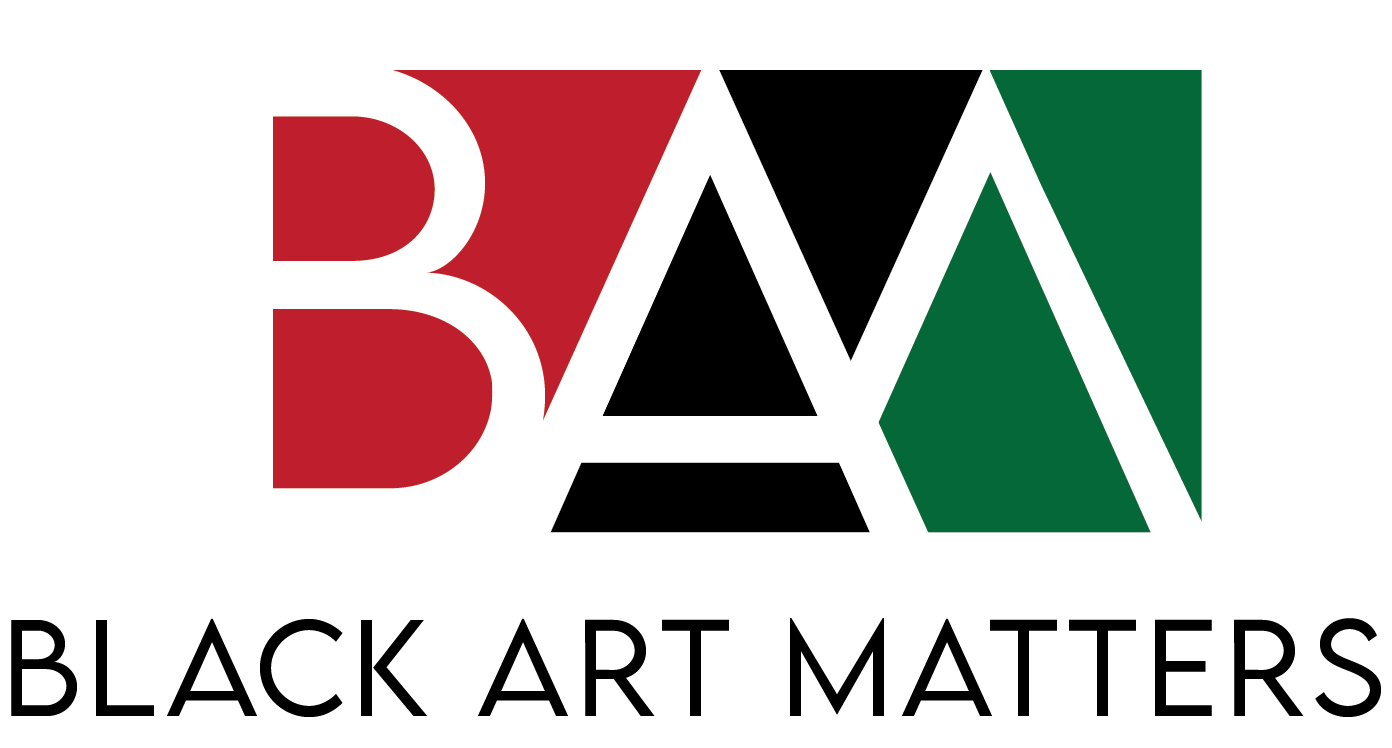Artist: Amanda Auble
Heather Lanier, Have You Ever: Mammogram Edition
When the tech brings me back, an image already waits on the monitor: a white boob against the blackest black. The boob is filled with white lace, white ribbons, white strips of silk, like my breast is a diva primping herself in a pitch-black dressing room. Or maybe she’s filled with white swirls of smoke that her sultry self would have puffed in the previous century, lipstick staining her cigarette holder. Or maybe I’m just turning her into a diva because here, on the monitor, she’s been turned into a suspicious object, potentially deadly.
The tech is friendly in her blue scrubs, with brown hair grazing her shoulders. I recognize you from last time, she says happily, like we’re acquaintances bumping into each other at a coffee shop.
Then she embarks on the requisite health questionnaire. No, I never smoked, I tell her today, just like last time. The questionnaire is the least fun version of Have you ever?
Have you ever given yourself a breast exam?
Have you ever had breast cancer?
There are so many questions they don’t ask. So many other ways to get to know a person.
Have you ever gotten lost on the streets of Venice?
Have you ever made love to your husband on a closed-down airport runway?
After the paperwork, she gestures toward the monitor: inside my white lace diva are two pinpricks of whiter white. Foreign white. White-out white. So small you can barely spot them, she says.
I nod. I nod as though I know, but the whole reason I am here again is because I don’t know, and neither do they. That’s why they’ve called me back for more images: my diva is a criminal suspect, blowing cigarette smoke into a detective’s discerning face.
There are three kinds of white dots, the tech tells me. The first is fine—like a plain day, be on your way. If this is me, my end will remain unseen on a horizon of calendar days and partly cloudy skies, as I head out of the hospital’s sliding glass doors.
The second is indeterminate. It means come back, come back again please. We’d love to see more of you.
The third is bad. That’s the only word she uses. Bad. Hopefully it’s not the bad kind, she adds.
I think of the pregnant women in the waiting room. They were bulbous, nearly obscene with promise. Their middles were planets, whole worlds, which also served conveniently as shelves. Atop the shelves, the women rested their palm-sized screens, texted lovers and mothers. A decade ago, I was one of them. Where their faces were flush with collagen and extra blood, mine now sags oh-so-slightly at the jawline. What does it mean that the same hospital wing scopes out both the start of life and its potential end?
Have you ever swum naked in the Atlantic Ocean in April?
Have you ever fallen in love with your future husband in October, the red leaves falling around you as you lay on a backyard trampoline?
Have you ever breastfed? For how long?
This is the boob that fed two babies, round the clock, twelve times a day, ten hours a day—although her sister always fed them a little more. After I’d resembled the bulbous women in the waiting room, after I’d coaxed the babies to clamp on a most tender place of my body, after the babies trained my body to make milk, after the babies grew and grew and ate too much of other things—avocado, applesauce, bread—my body stopped making milk.
After, after, after. There will always be an after—that’s the absurd impression I’ve been living under. My boobs went from fruits to flappy pockets. Two white specks in my body remind me that one day—maybe not now, but one day—the afters will end. The days are finite. And they move in one direction. I sometimes still dream that my breasts are full of milk, hard as fists holding onto something. But there is no returning, no walking back into the waiting room with a bulbous belly, no catching a glimpse of the little body inside me for whom I will care for eternity. There is no eternity. Why do I keep forgetting this?
Have you ever lost a father to cancer in the month of October?
Have you ever let an October pass, in all its gold-leafed glory, without paying much attention at all?
Haven’t you been doing that lately? Plowing through the to-dos, failing to look up, failing to notice the green tips of an oak turn umber? Longing to put both boobs back in a bikini top? Resisting the change of seasons?
The tech asks me to take my boob out and set her on a shelf, like she isn’t a diva but a watch or a set of keys. I slip my right arm from the hospital robe and rest my small breast on the shelf. The tech lowers a second shelf over top, compressing her into a panini. She asks me to grab a handle and lean my neck and head away from my chest. It’s a glamor pose, shoulder jutting back like a fashion model, head looking to the ceiling, even while the flesh against my ribs is pinned between two plates. The pose feels appropriate: If my boob is a diva, this machine is her paparazzi, trying to capture the just-right shot.
The last months of nursing, there wasn’t really any milk left. I only “nursed” the second baby to soothe her at bedtime, or to ease the stress of things like barking dogs and immunizations. She clutched my sweater at bedtime, nuzzled her nose into my chest. So I lifted my shirt, held to my skin the baby, who was now a toddler. I let her suck on my dry boob exponentially more than the man I’ve loved.
Have you ever bobbed in the ocean with your toddler, holding her by the armpits as she squealed with joy—until one massive wave readied to break on her?
Have you ever tightened your grip around her ribcage, kicked your legs against the undercurrent, stretched your arms up, up, so you could lift her over the wave, into the sky, keeping her aloft even as the ocean crashed over you and snagged your prescription sunglasses?
Just when I think the machine’s plates cannot be squeezed any closer together, the tech cranks them another millimeter. She apologizes. She asks if I’m okay. I say it’s fine, because it is. The two of us are in this together.
Oh, Diva. Remember let-down? That weird pins-and-needles sensation some women feel during breastfeeding? Remember shopping for outlet-mall shorts to accommodate my squishy postpartum middle? I spent the precious hour scrambling over racks and oblivious shoppers. They idled, and gabbed, and seemed to have zero need to expedite their try-ons with manic, limb-aiming precision, because they likely weren’t squeezing their shopping into the tight window between when a baby is satisfied and when she cries for more. More, more, more.
I walked through the front door sweaty, empty-handed, and already she was crying. When did she start crying? I asked. My husband cringed before he said it: As soon as you left. I clipped the breastfeeding pillow to my sweaty waist, held the baby’s fuzzy head in my hand, laid her length down my forearm, and brought her to my boob. Got her latched. Felt the quick tugs. After a minute came the pins and needles, like a foot that falls asleep—except this was my boob, waking up. The baby changed from quick tugs to long drawls followed by little gulps, and that’s when I felt it: a warm rush of relaxation. Like a benevolent wave that lifted, not glasses from me, but fear. The wave unclenched my body, transformed me into a person at ease. My breaths were calm and even. Oxytocin. The same chemical released during orgasm.
Have you ever honeymooned in Big Sur?
Have you ever stood in the kitchen and looked at the man you’ve loved for twenty years and nearly wept because, even as you watch his pepper-bearded face narrate plans to move laundry from the washer to the dryer, you realize you still adore him, and the thought of one day doing life without him fills the bottoms of your eyes against your will on a Tuesday? So you just nod without blinking, and your eyes dry, and you go on nodding along at his talk of the delicate cycle, as though this life and its ordinary demands is not extraordinary. As though it does not beg you both to throw out the day’s duties and drive straight for the ocean, toward which you should definitely sprint naked and dive in.
Draped in an open, well-worn hospital gown, pinned at the chest by the plates of a mammogram machine, all I want of this life is more. More. More.
The tech gets behind the computer monitor. Her friendly voice goes flat.
Stop breathing! she commands.
I hold my breath.
Keep breathing, my mother said to my father when his heart was seizing on the gurney. Keep breathing, my mother pleaded, repeated, because who can bear the thought of no more days, no more months, no more years?
As the machine makes its pictures, it beeps in 4/4 time. This begs for a dance from the diva. But I can’t move, which means she can’t either. Beep, beep, beep, beep. And then it stops.
Breathe! the tech commands.
I try to breathe. The plates catch my ribs.
She calls out again, Stop breathing, as though I have started breathing, as though I haven’t been sort-of holding my breath since the moment they called to say, Come back, come back to us, we want more pictures, more, more, more.
Have you ever eaten the most delicious packaged hard pretzels from the hospital vending machine on the day that your father was told he had no chance?
Have you ever stroked the feather-soft curly hair of your daughter and loved her so much you wanted to swallow her back into your womb?
Have you ever lived long enough to say you were full? Has anyone?
Do you want me to come with you? my sister had asked, but I’d said no. The worst part would be the waiting, I’d thought, and that would happen in the days after. The test itself would be easy. I planned to forget it for at least twenty-four hours.
But the tech says the doctor will read the images today. Right now. While I wait.
She escorts me to a changing room. I clutch closed the giant robe, made of the softest pastel green cotton, worn by thousands of women before me. Some of them were told their spots were fine. Some of them were told otherwise.
Have you ever closely examined the face of your vernix-covered newborn?
I have not. I was too busy feeling relief from the end of labor. How many moments would I want back? How many would I do better just by being more awake to them?
I think of the pregnant women in the waiting room, scratching the tops of their bellies, staring down at their phones or gazing at the hospital television. Do I want to tell them, I was you once? Waiting to see tiny femur, tiny elbow, tiny web of toes? Or do I want to tell them, You will be me someday, waiting to learn whether the things that gave your babies life are now threatening your life?
No. I don’t want either of those, any more than mothers pushing strollers want older strangers to say, Cherish every moment! They grow so fast!
What I want is ridiculous: I want all of it, all at once. To be full of baby, waiting. To hold my baby for the first time, labor complete. To lie on a trampoline in a warm October sun with the man who will become my husband. To watch the toddler stagger away from me. To drive newly married down Route 1 toward Big Sur with my new husband, nearly broke, kid-free. To open my arms to my toddler at bedtime and let her nurse for no milk. To hug my father again. To have milk forever. To have forever. I want immortality, but the greediest kind, the kind that still keeps inside it the only perk of life’s end: its preciousness. Like an old, scratched photo in a locket. I want the sweetness of impermanence without any of the heartbreak. I want the real and the unreal. The full and the empty. The pregnant, the unpregnant. The having and the letting go, but a letting go that never hurts because I can have it all back in an instant.
Have you ever waited for the doctor to come, and the shoes walking down the hallway kept being someone else’s?
Have you ever heard another set of shoes, clackity and more confident, and sat upright on the bench?
Have you ever looked at the tallness of the doctor standing in the doorframe, her white coat extending around her gray slacks, and then at the tech peering over the doc’s shoulder, her lips were tucked nervously into her mouth?
Have you ever heard the doctor say that she is not concerned? That it is probably not bad? Very likely fine? That you should come back in six months?
Have you watched the tech’s lips release into a wide grin and say, Okay!
Have you ever waited for her and the tech to leave the doorway before you shut it to change, but then wrapped the softest over-washed robe tighter around you, and let yourself bawl beside a bin of hospital gowns?
And if so, did you know whether you were bawling because you would someday have no more days, or because you were so grateful that today, this day, was not that day?













